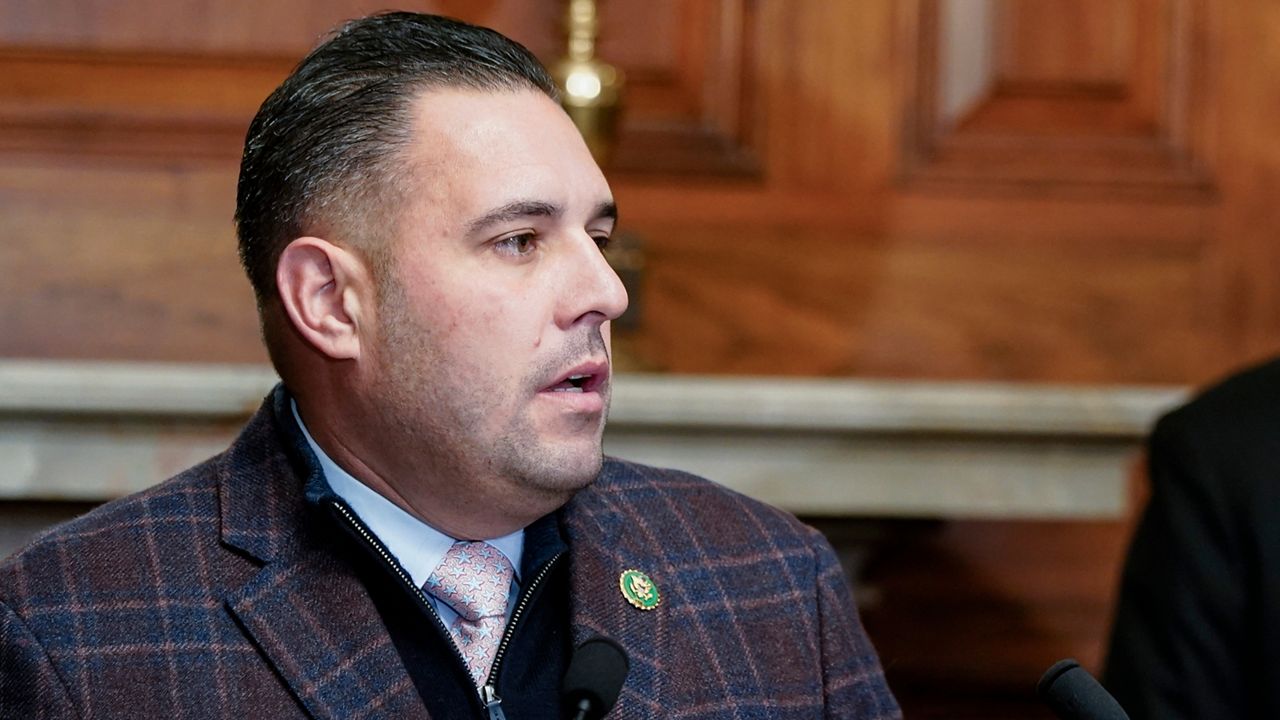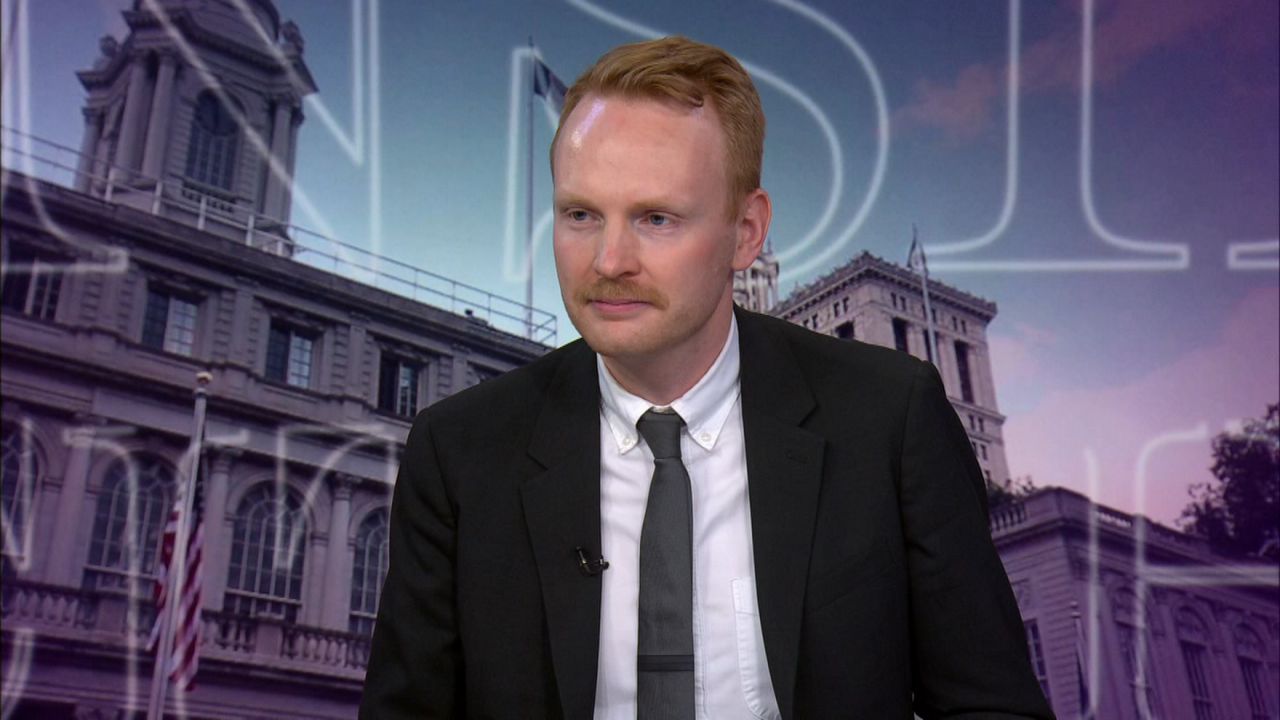The union that represents correctional officers in New York filed a federal civil rights lawsuit against the state and the Department of Corrections in an effort to overturn legislation that limits the use of solitary confinement in prisons.
“If it wasn't for someone hearing my screams, I don't know how this situation would have turned out,” corrections officer Hayes said, detailing an attack she experienced last year while working in a prison. “I was viciously attacked. The HALT bill is designed to help the most violent incarcerated individuals. The HALT bill is also designed to hurt those who protect and serve the state of New York.”
The New York State Correctional Officers and Police Benevolent Association (NYSCOPBA) officials argue that crime inside state prisons has spiked over the last decade.
Due to a lawsuit in 2012, the state has been slowly rolling back the use of solitary confinement.
“Solitary confinement doesn’t exist in reality, and by definition, it doesn’t exist in this state or any state in the country,” NYSCOPBA President Mike Powers said. “When you’re dealing with individuals that don’t subscribe or get along in the rehabilitation system, it’s no different than society.”
Union officials said without the use of solitary confinement, there is no fear of punishment among those incarcerated.
The Humane Alternatives to Long-Term Solitary Confinement Act, or HALT, was passed by lawmakers in March and places a 15-day cap on how long a person can spend in solitary confinement.
John Roberts, the northern region vice president of NYSCOPBA, said 15 days is not a long enough cooling off period, especially since those in solitary confinement are granted the same access to services as the rest of the general population.
“The violent unprovoked attacks like this, inmates will receive 15 days in segregated confinement, with a hot shower, an iPad, a phone so he can call his family; he has exercise available and visitation,” Roberts said. “Fifteen days. Where's the justice in that for the officers?"
Jerome Wright with the #HALTSolitary Campaign points to how the HALT Act will not go into effect until next April and said if there is a rise in crime, it is hardly connected.
“If they’re saying violence has escalated since 2012, then actually the tool you're using is not effective and the community, the people of the state of New York have now demanded that we go in a new direction,” Wright said. “And the new direction is called HALT solitary confinement law."
Advocates point to United Nations standards that define prolonged solitary confinement for more than 15 days as torture.
“We're not ending solidary, which is what actually what I wish we would do,” Wright said. “We are limiting its use because it has been abused.”
A spokesperson for the Department of Corrections sent a statement, saying “while the Department cannot comment on pending litigation, DOCCS has a zero tolerance policy with respect violence in our facilities and pursues both disciplinary charges and criminal prosecution for any assault. A new felony conviction would result in a consecutive sentence of imprisonment.
The HALT bill has been signed into law and DOCCS has been working on a plan to safely implement the law, which still provides for segregated housing for acts of violence against officers and other incarcerated persons.”
The lawsuit filed by NYSCOPBA in federal court hinges on the 14th Amendment in the U.S. Constitution that guarantees public employees a workplace environment safe from dangerous conditions created by the state.









